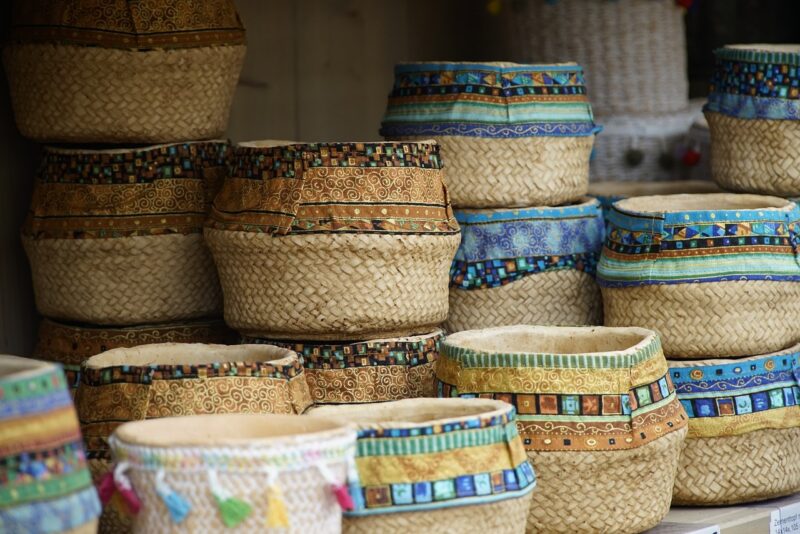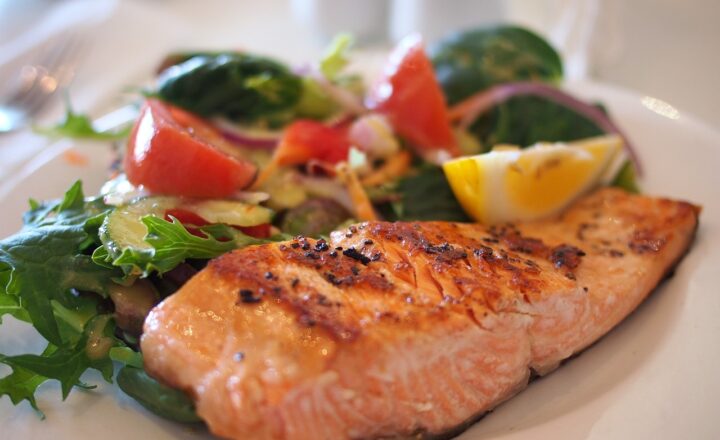Global Cuisine: A Culinary Tour of the World’s Most Intriguing Dishes
November 19, 2024

Food is a universal language that transcends borders and cultures, allowing us to connect and appreciate the nuances of each region’s heritage. In this article, we embark on a culinary journey across continents to explore some of the world’s most intriguing dishes. From the aromatic spices of Asia to the hearty flavors of Europe, each dish tells a story of its geographical, historical, and cultural significance.
1. The Spice Route: Exploring the Flavors of Asia
Asia represents a melting pot of flavors and spices. Let’s dive into some notable dishes:
1.1. Indian Biryani
Biryani is a fragrant and flavorful rice dish often made with marinated meat, basmati rice, and a blend of spices that include saffron, cardamom, and cloves. Each region in India has its unique way of preparing biryani, with Hyderabadi and Lucknowi variations being the most renowned.
1.2. Japanese Ramen
Ramen is more than just a noodle soup; it’s a cultural icon of Japan. With its origins steeped in history, ramen varies from region to region. Whether it’s Tonkotsu (pork bone broth), Shoyu (soy sauce), or Miso, the ingredients come together to provide a satisfying umami experience.
1.3. Thai Green Curry
Thai green curry is a vibrant dish that stimulates the senses with its balance of spicy, creamy, and aromatic flavors. Made with coconut milk, green curry paste, and a variety of fresh vegetables and proteins, it is best served with steamed jasmine rice.
2. The Heart of Europe: Traditional Dishes
Europe is rich in culinary histories and regional specialties. Each country boasts traditional dishes that reflect the local ingredients and cultural influences.
2.1. Italian Risotto
Risotto, originating from Northern Italy, is a creamy rice dish cooked slowly to achieve a luscious texture. Arborio rice is often used, along with ingredients such as saffron, mushrooms, or seafood, making it versatile and beloved.
2.2. French Coq au Vin
Coq au Vin is a rustic dish that embodies the essence of French cooking. Chicken is braised with red wine, lardons, mushrooms, and herbs, resulting in a deep, rich flavor. This dish showcases the French culinary techniques of slow cooking and flavor layering.
2.3. Spanish Paella
Paella is a vibrant rice dish known for its use of saffron and an assortment of proteins. Originating from Valencia, this dish combines seafood, chicken, and vegetables, capturing the essence of Mediterranean cuisine. Cooking it in a wide, shallow pan allows for the creation of the iconic socarrat (crispy bottom).
3. The Rich Tapestry of African Cuisine
African culinary traditions are diverse, reflecting the varied climates, cultures, and histories of the continent. The richness of its dishes is a true testament to its heritage.
3.1. Moroccan Tagine
Tagine is both a dish and a cooking method. Featuring slow-cooked meats with vegetables and spices such as cumin and coriander, it’s traditionally prepared in a conical pot. This dish captures the essence of North African flavors, often served with couscous or bread.
3.2. Ethiopian Injera with Doro Wat
Injera is a spongy, sourdough flatbread central to Ethiopian cuisine. It’s typically served with Doro Wat, a spicy chicken stew. The unique combination of flavors and communal dining style makes it a highlight in Ethiopian culture.
4. The Americas: Indigenous Influences and Fusion
The Americas have a rich culinary landscape shaped by indigenous ingredients and cultural fusion.
4.1. Mexican Mole
Mole is a complex sauce that can have over 20 ingredients, including chocolate, chili peppers, and spices. It varies significantly across regions in Mexico, with Mole Poblano being one of the most famous.
4.2. Brazilian Feijoada
Feijoada is a hearty black bean stew prepared with various cuts of pork and beef. Traditionally, it’s served with rice, collard greens, and orange slices, making it a nourishing representation of Brazilian comfort food.
5. Oceania: Unique Flavors & Ingredients
Oceania offers distinct culinary experiences influenced by the local ingredients and indigenous cultures.
5.1. Australian Lamington
Lamington is a delightful dessert made from sponge cake dipped in chocolate and rolled in desiccated coconut. It’s a beloved treat in Australia and embodies the sweet side of this stunning continent.
5.2. New Zealand Hangi
Hangi is an indigenous Maori cooking method where meats and vegetables are cooked underground in heated stones. The result is a tender, smoky dish that reflects the spirit and traditions of Maori culture.
Conclusion
Exploring global cuisine opens us to a world of flavors, techniques, and cultures. Each dish tells a tale of its origin, offering a glimpse into the traditions and histories of the people behind them. As we indulge in these foods, we not only satisfy our taste buds but also deepen our understanding of the world around us. So, the next time you sit down to enjoy a meal, remember that it’s not just food; it’s a compass guiding you through the diverse culinary landscape that unites us all.
Choose to embrace the culinary diversity of our globe, and let your taste buds be your guide on this exciting journey.








